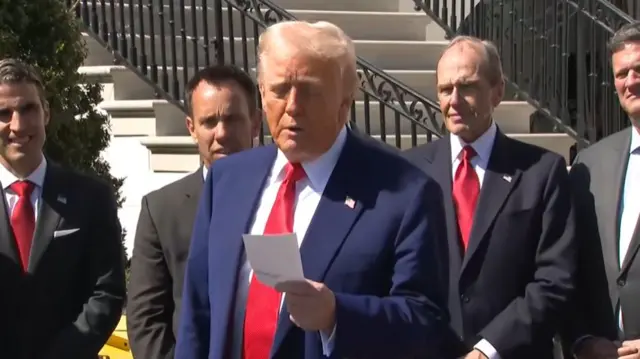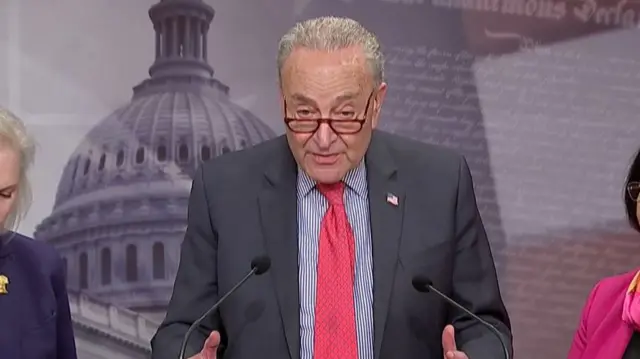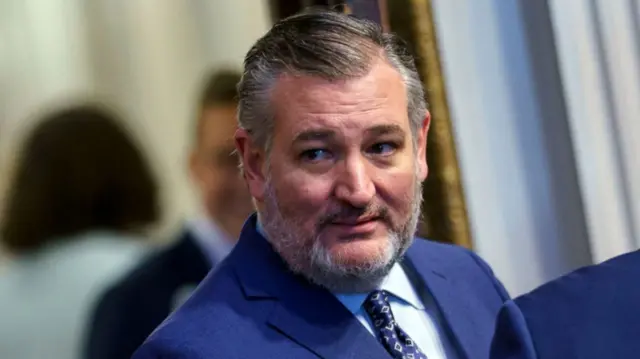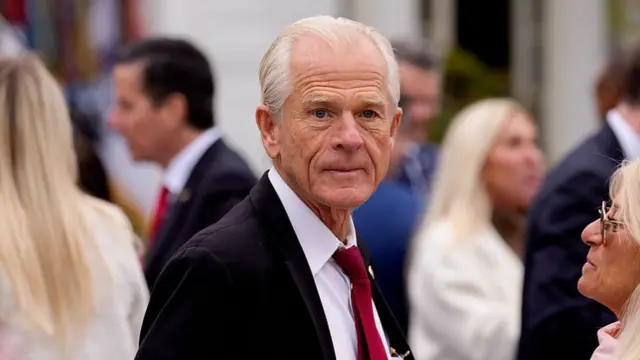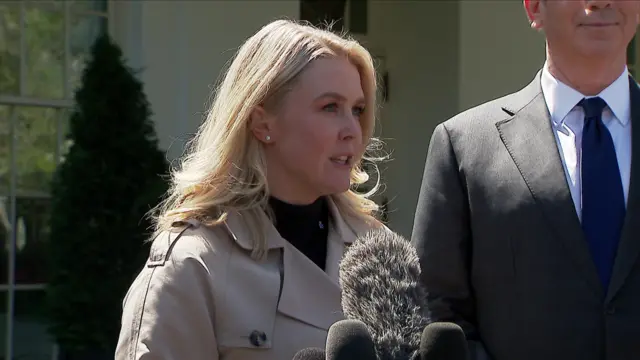'I had to do it', Trump says of tariff pausepublished at 20:09 BST 9 April
 Bernd Debusmann Jr
Bernd Debusmann Jr
Reporting from the White House
President Trump is now on the other side of the White House from me - near the South Lawn - where he is meeting with Nascar champion Joey Logano and other racing champions, standing near a pair of colourful race cars.
The president touched on tariffs as soon as the question and answer portion of the event began, beginning with a question on his comment to "be cool" earlier today.
"They were getting yippy," he said. "A little bit unlike these champions...no other president would have done what I did."
He also took aim directly at China, which he called the "biggest abuser in history".
"Somebody had to do it. They had to stop because it was not sustainable," he said.
China, he insists, wants to make a deal, but does not know "quite how to go about it".
'They were getting yippy', Trump says on 90-day tariffs pause
